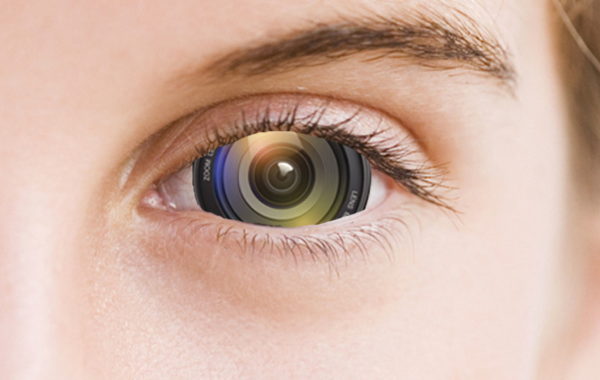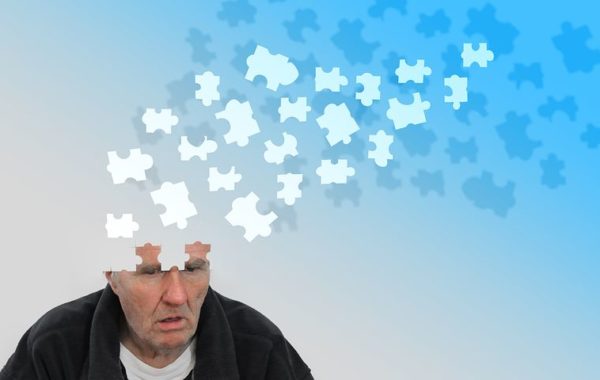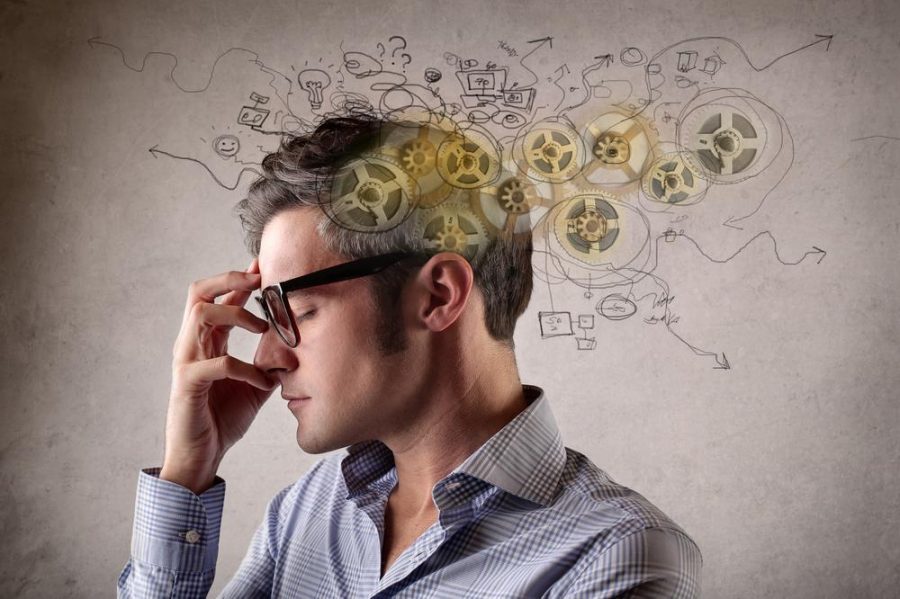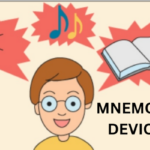Eidetic Memory: The Ultimate Superpower That Anyone Can Develop!

What is Eidetic Memory? Do you ever feel frustrated by your inability to remember important details? Maybe you’ve forgotten an important appointment or struggled to recall a fact that could have helped you in a job interview. Memory is an essential part of our lives, but not everyone is blessed with a great memory. Or are they?
Believe it or not, eidetic memory, also known as photographic memory, is a real thing. While some people are born with it, many experts believe that anyone can develop eidetic memory with the right training and techniques. In this article, we’ll explore what eidetic memory is, how it works, and the steps you can take to develop this incredible ability.
What is Eidetic Memory?
Eidetic memory is the ability to recall visual information with remarkable accuracy, even after a short exposure. People with eidetic memory can remember a picture or a scene in vivid detail, including colors, shapes, and textures. Some people with eidetic memory can even recall sounds, smells, and other sensory information associated with the image.
Eidetic memory is often mistaken for photographic memory, but there is a subtle difference between the two. Photographic memory refers to the ability to recall information in great detail, not just visual information. People with photographic memory can remember conversations, numbers, and other non-visual information with remarkable accuracy.
How Does Eidetic Memory Work?
The exact mechanism behind eidetic memory is still not fully understood. Some experts believe that it is related to the way that the brain encodes and stores visual information. Others suggest that it is linked to the ability to focus attention and shut out distractions. Still, others believe that eidetic memory is a combination of both of these factors and more.
Despite the mystery surrounding eidetic memory, there is no doubt that it is a powerful tool for learning and remembering information. People with eidetic memory have used their abilities to excel in fields like science, math, and the arts, where visual information is essential.
How Can You Develop Eidetic Memory?

The good news is that eidetic memory is not an innate ability that only a few lucky people possess. Research shows that anyone can develop eidetic memory with the right training and practice. Here are some strategies that you can use to train your mind to remember information with greater accuracy.
-
Focus on the Details
The key to developing eidetic memory is to focus on the details. When you look at an image or a scene, pay attention to the small details, such as the colors, shapes, and textures. Try to visualize the image in your mind and create a mental picture of it. Then, try to recall the image from memory, focusing on the details.
-
Use Mnemonic Devices
Mnemonic devices are memory aids that help you remember information by associating it with a familiar image, word, or phrase. For example, to remember the order of the planets in our solar system, you can use the phrase “My Very Eager Mother Just Served Us Nine Pizzas.” Each word in the phrase corresponds to the first letter of a planet’s name.
-
Practice Visualization
Visualization is a powerful technique that can help you develop eidetic memory. To practice visualization, choose an image or a scene and study it closely. Then, close your eyes and try to visualize the image in your mind. Try to recreate the image in as much detail as possible, including colors, shapes, and textures.
-
Use Memory Games and Exercises
There are many memory games and exercises that you can use to train your mind to remember information more effectively. For example, you can play the game of concentration, where you try to match pairs of cards by remembering their positions. You can also try memorizing long strings of numbers, or recalling the details of a story after only hearing it once.
-
Get Enough Sleep
Sleep plays a critical role in memory consolidation, the process of transferring information from short-term to long-term memory. If you want to develop eidetic memory, it is essential to get enough sleep every night. Aim for at least 7-8 hours of sleep per night, and try to establish a regular sleep schedule.
Other techniques for developing eidetic memory include:
- Associating images with sounds or feelings
- Creating mental images that are vivid and detailed
- Repeating information out loud
- Breaking complex information into smaller chunks
The key to developing eidetic memory is to find the techniques that work best for you and then practice them regularly. Like any skill, the more you work at it, the better you’ll get.
The Benefits of Developing Eidetic Memory
There are many benefits to developing eidetic memory. For one, it can help you to excel in academic and professional settings by allowing you to quickly and accurately recall important information. It can also improve your social life by helping you remember names, faces, and other details about the people you meet.
But perhaps the most significant benefit of developing eidetic memory is that it can improve your overall brain health. Studies have shown that regular mental exercise, like practicing memory techniques, can help to keep your brain healthy and reduce the risk of cognitive decline later in life.
How Rare Is An Eidetic Memory?

Eidetic memory, also known as photographic memory, is a rare and exceptional ability that only a small percentage of the population possesses. Studies have shown that less than 10% of people have some degree of eidetic memory, and even among those individuals, the ability to recall vivid and detailed images with perfect accuracy is often limited to certain types of stimuli or specific situations.
While it is unclear exactly what causes eidetic memory and how it differs from other forms of memory, it is clear that it is a unique and special skill that is both fascinating and impressive to those who possess it and those who study it.
What Is the Difference Between a Photographic Memory And An Eidetic Memory?
Photographic memory and eidetic memory are often used interchangeably, but they actually refer to slightly different abilities. Photographic memory generally refers to the ability to vividly recall visual images with great detail and accuracy, while eidetic memory is a more specific term that describes the ability to retain an image in one’s mind even after it is no longer visible, and to manipulate and examine it as if it were still present.
In other words, photographic memory refers to the ability to recall visual information that was previously perceived through the senses, whereas eidetic memory involves the ability to retain and manipulate an image in one’s mind’s eye. It is also worth noting that not all people with photographic memory necessarily have eidetic memory, and vice versa. While both abilities are rare and exceptional, they are distinct from one another and represent different facets of visual memory.
What Famous Person Has Eidetic Memory?
Some famous people who are rumored to have had or currently have eidetic memory include Nikola Tesla, Leonardo da Vinci, and Stephen Wiltshire.
Frequently Asked Questions
Question: Can anyone develop an eidetic memory?
Answer: While some individuals may have a natural ability for eidetic memory, research suggests that this skill can be developed through training and practice. However, the level of proficiency achieved may vary from person to person.
Question: Can eidetic memory be useful in everyday life?
Answer: Absolutely! Individuals with eidetic memory may find it easier to recall information such as phone numbers, addresses, and important dates. This can be particularly useful in academic or professional settings, where the ability to memorize and recall large amounts of information quickly can be a valuable asset.
Question: Is eidetic memory the same as perfect recall?
Answer: Not necessarily. While eidetic memory involves the ability to vividly recall images or information for a brief period of time, perfect recall refers to the ability to remember everything that has ever been experienced or learned. While perfect recall is not scientifically supported, individuals with eidetic memory may be able to recall certain details more accurately than others.
Conclusion
In conclusion, eidetic memory is a fascinating topic that has captured the imagination of scientists and the public alike. While there is still much that is not understood about this phenomenon, researchers continue to study and explore ways to unlock the full potential of the human brain.
Whether you have a photographic memory or not, there are many ways to improve your memory and cognitive abilities. From practicing mindfulness and meditation to engaging in regular physical exercise and learning new skills, there are many habits and techniques that can help you develop a sharper mind and better memory.
So why not explore the power of your own mind and see what you can achieve? With dedication, hard work, and a willingness to learn and grow, you too can tap into the amazing potential of your brain and achieve greater success in your personal and professional life.
Thank you for reading this article and we hope that you found it informative and engaging. Remember, with the right mindset and the right tools, anything is possible!



